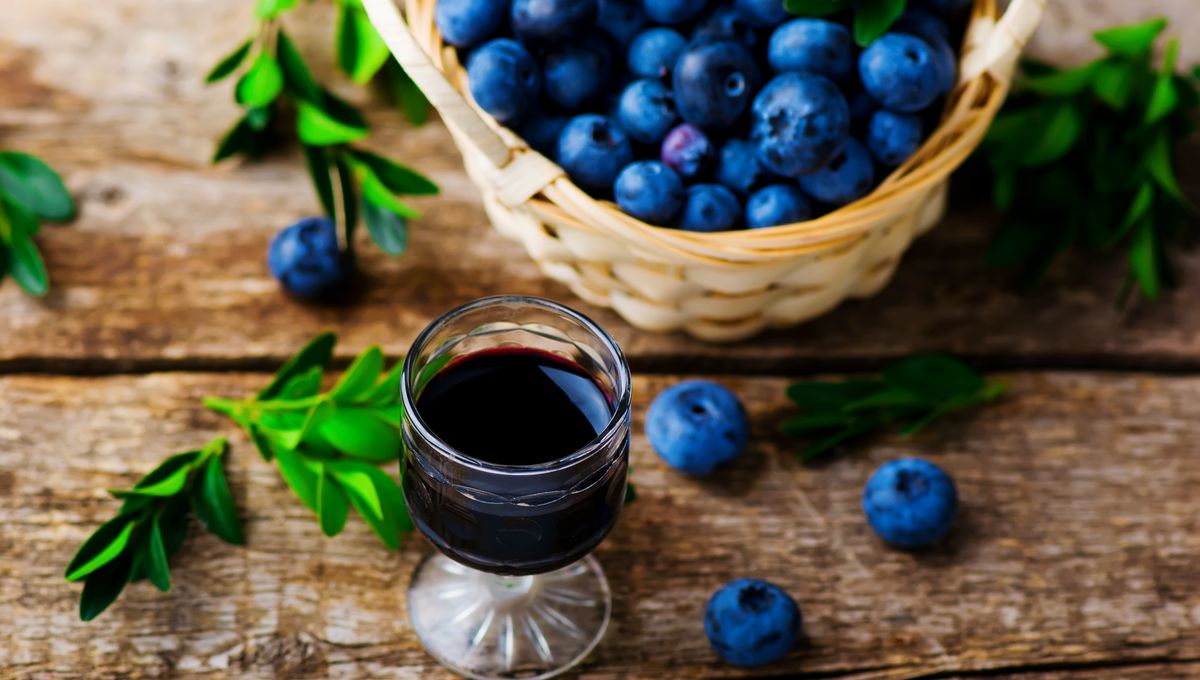
We’re now in the midst of blueberry season and that means a glut of delicious blue-but-not-really fruit heading toward our tables. If you end up with more blueberries than you can freeze, bake, or blend, one option might be to turn it into wine – though according to a new study, maximizing the plonk’s potential benefits might depend on how you make it.
Not only are blueberries delicious, but they’re also considered something of a superfood. Well, that’s actually just a marketing term, but they are packed with micronutrients like vitamins and minerals. They also contain a bunch of compounds with antioxidant activity, which some scientists think confers health benefits to the people that snack on them.
However, the processing of foods can sometimes change their nutritional properties, and researchers from the University of Córdoba sought to investigate if the same could be said for blueberry wine – particularly under different conditions.
The team used blueberries harvested from the Huelva in southern Spain, crushing them up and adding them to a sugar solution to make a total 8 liters of blueberry juice, to which they added some yeast. The juice was analyzed for the concentration of the antioxidant compounds within – namely anthocyanins, flavonols, flavan-3-ols, tannins, and Vitamin C – and the overall antioxidant activity.
Then, the juice was separated in equal amounts into eight different flasks, which were split into two groups: one set of four which went into a water bath at 63°F and the other four in a bath at 70°F. In each bath, two of the flasks were only allowed to partially ferment, making a sweet wine, while the other two completed fermentation, making a dry wine.
Taking a small amount of wine out of each of the flasks, the team analyzed antioxidant concentrations and activity within the wine samples, and compared what they found to the original juice.
The results revealed that the blueberry wine managed to hold on to some of the potential benefits of the fruit – all of the wines made, regardless of differences in temperature or fermentation time, showed higher antioxidant activity than the original blueberry juice.
That being said, the different conditions did appear to have some effect on the concentration of the different antioxidant compounds. For example, longer fermentation times led to lower concentrations of anthocyanins, flavonols, and tannins – though flavan-3-ol levels actually increased with time.
Temperature also seemed to make some difference, with the wine kept at a higher temperature found to have roughly half as much vitamin C than the wine fermented at a lower heat.
The study concludes that “winemaking blueberries maximize the benefits of the fruit, but temperature and fermentation time significantly influence their composition.”
What they don’t mention is whether or not it tastes any good, but hey, taste is a lot more subjective than antioxidant activity.
The study is published in ACS Food Science & Technology.
Source Link: Blueberry Wine Could Be The Next Big Superfood